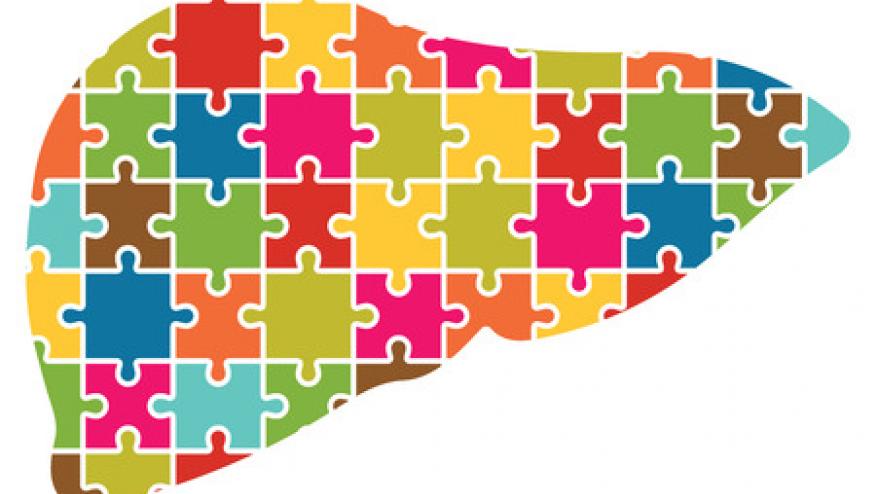Immunomodulators in the Treatment of Autoimmune Hepatitis Save

Autoimmune hepatitis (AIH) is a chronic, progressive inflammatory liver disease driven by autoimmune mechanisms, characterized by elevated serum aminotransferases, hypergammaglobulinemia, and interface hepatitis on histology. With an annual global incidence of 1.37 per 100,000, AIH can lead to severe outcomes such as cirrhosis or liver failure if untreated. Current first-line therapies, including glucocorticoids and azathioprine, aim for biochemical remission but are often limited by significant side effects and incomplete efficacy in some patients. This underscores the need for alternative treatments, particularly novel immunomodulators that target specific immune pathways.
Novel Immunomodulators and Their Mechanisms
Recent advancements have identified several immunomodulators with promising roles in AIH treatment:
- Immune Cell Nucleic Acid Inhibitors: Mycophenolate mofetil (MMF) inhibits inosine monophosphate dehydrogenase (IMPDH), suppressing T and B cell proliferation. Clinical studies highlight its superior remission rates and tolerability compared to azathioprine, making it a viable first- or second-line option.
- Calmodulin Phosphate Inhibitors: Tacrolimus and cyclosporine block calcineurin, preventing IL-2 transcription and T cell activation. These agents are effective in pediatric and adult AIH, though long-term use may entail nephrotoxicity and metabolic risks.
- mTOR Inhibitors: Sirolimus inhibits mTOR signaling, disrupting lymphocyte proliferation. Early studies suggest efficacy in refractory AIH, but further research is needed to confirm its safety profile.
- TNF-α Inhibitors: Infliximab targets TNF-α, reducing hepatocyte apoptosis and inflammation. While effective in some refractory cases, its use is cautious due to infection risks and potential induction of AIH.
- Anti-CD20 Monoclonal Antibodies: Rituximab depletes B cells, mitigating autoantibody production and T cell activation. It shows promise in treatment-resistant AIH but carries risks like neutropenia and infections.
- BAFF Inhibitors: Belimumab blocks B cell-activating factor, reducing autoreactive B cell survival. Preliminary data indicate remission in AIH, though larger trials are warranted.
- IL-2 Therapy: Low-dose IL-2 expands regulatory T cells (Tregs), restoring immune tolerance. Early trials demonstrate improved liver function and Treg activity, offering a novel approach for refractory AIH.
Clinical Evidence and Challenges
Clinical trials and retrospective analyses underscore the efficacy of these agents, particularly MMF and tacrolimus, in achieving biochemical and histological remission. However, challenges remain:
- Patient Selection: Identifying candidates likely to benefit from targeted therapies.
- Safety Profiles: Balancing efficacy with adverse effects (e.g., infections with rituximab, nephrotoxicity with tacrolimus).
- Combination Strategies: Optimizing regimens to enhance outcomes while minimizing toxicity.
Conclusion
Novel immunomodulators represent a paradigm shift in AIH management, offering targeted mechanisms with fewer side effects than conventional therapies. Highlights include MMF’s high remission rates, rituximab’s B cell modulation, and IL-2’s immune tolerance induction. Despite promising results, larger prospective studies are needed to validate their long-term benefits and refine clinical applications. Future research should focus on personalized therapy and combinatorial approaches to address unmet needs in AIH treatment.
The study was recently published in the Journal of Clinical and Translational Hepatology.









If you are a health practitioner, you may Login/Register to comment.
Due to the nature of these comment forums, only health practitioners are allowed to comment at this time.